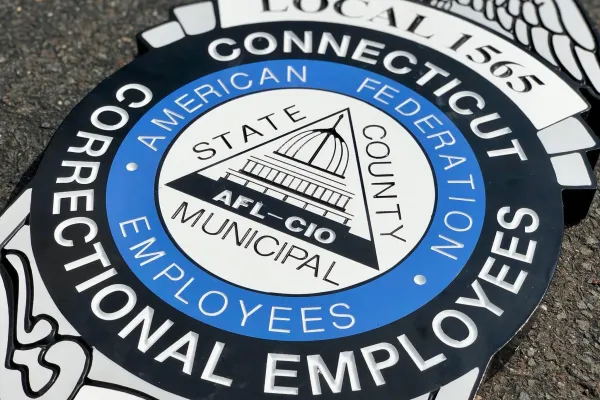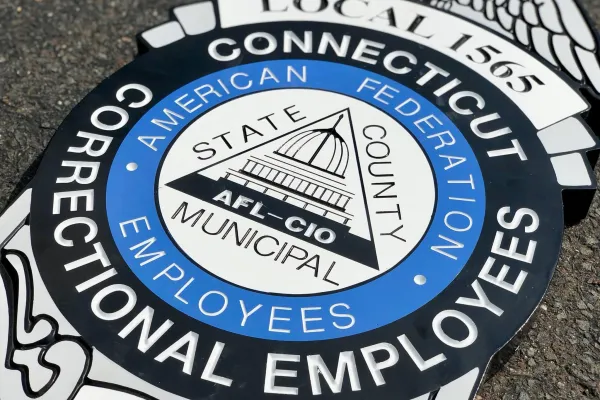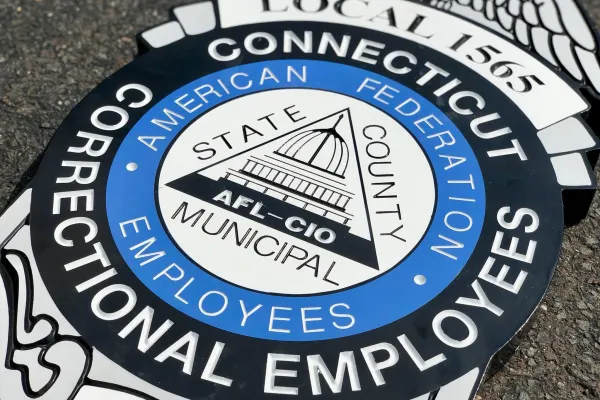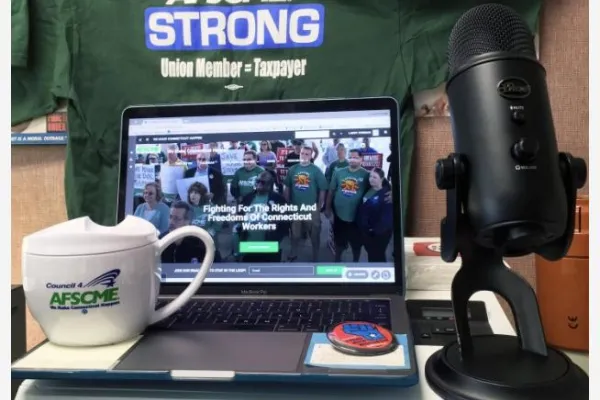Hero Pay
We won our Arbitration for Hero Pay, please view the agreement by selecting the link below.
COVID-19 Resources for Members
COVID-19 Resources for Members
With COVID-19 Spiking, Correction Unions Call For Suspension of Social Visits
With COVID-19 Spiking, Correction Unions Call For Suspension of Social Visits
AFSCME NP-4 Contract Survey Available
AFSCME NP-4 Contract Survey Available
Corrections Unions Call Out DOC
Corrections Unions Call Out DOC
Pre-Retirement Limited Durable Power of Attorney
Pre-Retirement Limited Durable Power of Attorney
Local 1565 Member Alert: Sign Our Petition to the DOC!
Local 1565 Member Alert: Sign Our Petition to the DOC!
Alert: PTSI Legislative Hearing on February 25
Alert: PTSI Legislative Hearing on February 25
Legislative Action Alert: Public Hearing on PTSD Coverage Set for Nov. 22
Legislative Action Alert: Public Hearing on PTSD Coverage Set for Nov. 22
Council 4 Podcast Explores EAU Program with Local 1565









